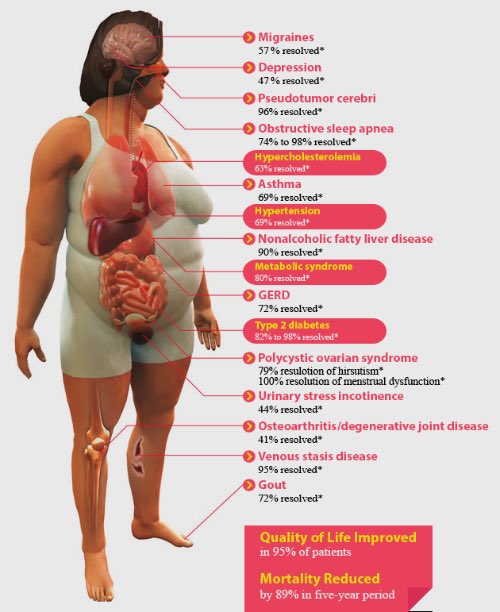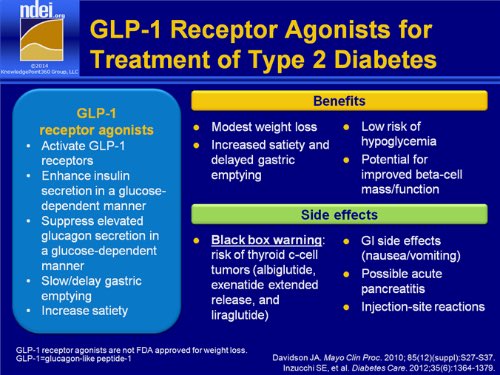Metformin is the type of pill that your doctor should prescribe for you when you begin to manage type 2 diabetes. This is the key recommendation of a huge new meta-analysis. Of the six classes of oral drugs that the U.S. Food and Drug Administration approves when people take only one drug for diabetes, metformin ranks first in overall safety and effectiveness.
“We concluded that metformin looks better for cardiovascular mortality than sulfonylureas,” says lead author Nisa Maruthur, MD, of Johns Hopkins University School of Medicine in Baltimore. “It has a long-term safety profile. Metformin is weight neutral or helps people lose weight, and its gastrointestinal side effects are avoidable or tolerable. Its effect on A1C is similar to other medications.”
Until now, researchers didn’t have any firm evidence that one class of drugs was best at reducing cardiovascular risk — heart attacks and strokes. If you have uncontrolled blood glucose, this is your the most serious diabetes risk. But the researchers concluded that metformin reduces the relative risk of a patient dying from heart disease by about 30 to 40 percent compared to its closest competitor drug, the sulfonylurea class.

The Annals of Internal Medicine, a peer-reviewed journal of the American College of Physicians, just published the study online ahead of print as “Diabetes Medications as Monotherapy or Metformin-Based Combination Therapy for Type 2 Diabetes.” It is comprehensive meta-analysis of more than 200 studies with more than 1.4 million people with diabetes. Those studies made head-to-head comparisons of the six drug classes: metformin, sulfonylureas, thiazolidinediones, DPP-4 inhibitors, GLP-1 agonists, and SGLT-2 inhibitors.
Continue Reading






